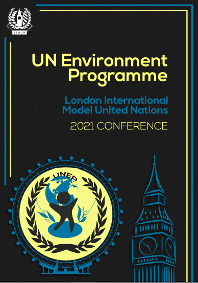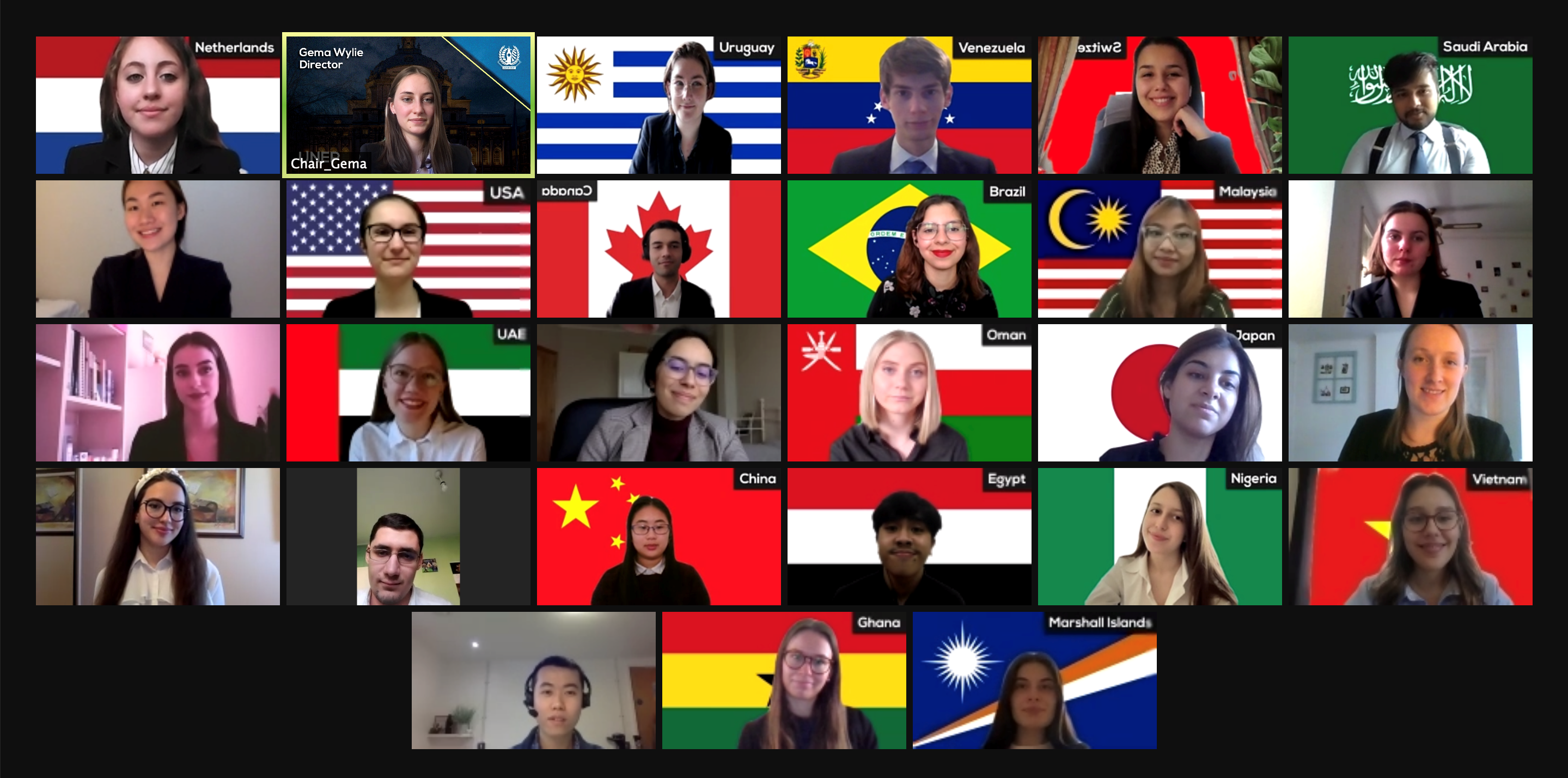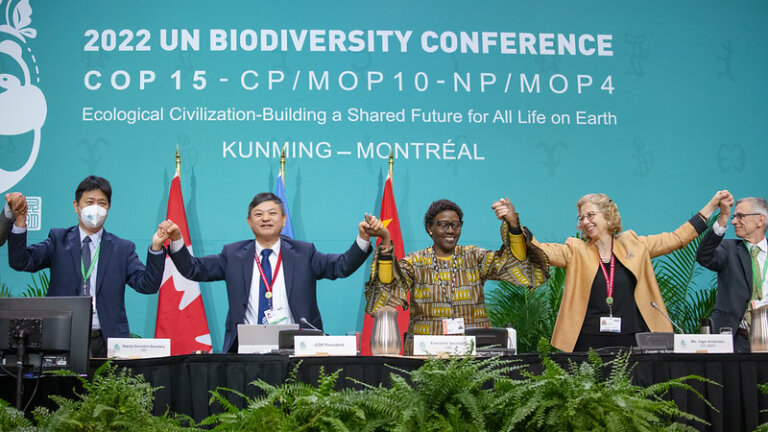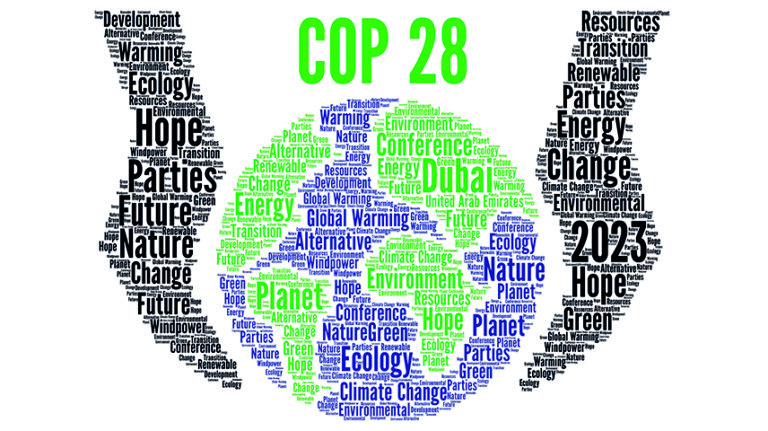Model United Nations (MUN) provides high-school and university students across the globe with the unique opportunity to learn how to debate and potentially solve the most pressing issues of today while acquiring valuable leadership and negotiating skills.
MUN events are a great opportunity for tomorrow’s leaders to take their first steps toward developing sustainable and comprehensive solutions to global challenges. Many of these issues, such as climate change, conflict, poverty, gender, and global health, leave us with very little time to act.
In addition to learning the style and structure of debate of UN bodies, MUNs expand students’ knowledge of global affairs and provide them a set of transferable skills for developing their international careers – in law, government, business, the arts and humanities, or many other fields.
Conferences and events are held worldwide. Many accomplished and inspirational leaders have themselves participated in Model UN as students, including former UN Secretary-General Ban Ki-moon, and American writer and global health advocate Chelsea Clinton.
With an ever-aging global population, these conferences could not take place at a better time. According to the UN Population Fund, people aged 60 or older make up 12.3% of the global population today, and by 2050, that number is estimated to be almost 22%.[1] Consequently, it is the youth who will shoulder burdens like climate change in the future, leaving them with daunting tasks to resolve.
Curious minds, critical thinking, and entrepreneurial skills among young people, especially in emerging countries with continued difficulties in access to education and capacity building, are needed to step up to global challenges. MUN conferences, therefore, are a great educational activity and offer a platform for exchange with peers.

The London International MUN, Europe’s biggest MUN consisting of 15 different committees, took place from 26th to 28th March 2021 in a complete virtual environment, allowing for global participation across three different time zones. This was absolutely vital in a year like 2021 when political stakeholders will come together to attend the crucial climate negotiations at COP26 in November.
As the world prepares for the climate talks later this year, this was a great opportunity for young students to represent their nations and discuss their concerns and potential solutions through the policies and perspectives of both developed and developing nations.
Ultimately faced with the demanding task of championing solutions to address the 2030 Agenda goals and 2050 net-zero commitments, it will be the youth who play the biggest role in determining whether or not we meet these targets.
In the UN Environment Programme (UNEP) committee of the London MUN, 30 international delegates gathered online under the cluster “Governing the Anthropocene” to discuss a global framework for a circular economy. Provided with a study guide, these delegates completed remarkable in-depth research and brought forward some fantastic ideas throughout the debate, which all merged into the resolution outlined below.
Despite the representation of a broad range of countries with various economic development challenges, delegates felt reunited in the key messages from a speech delivered by Satya S. Tripathi. With his extensive experience of working on the Sustainable Development Goals agenda, he said:
“Only a change of narrative can promote a return to living in harmony with nature rather than exploiting it.”
Sharing his insights and motivations for pursuing careers in the international development field, the group recognized the importance of first understanding the circular economy and then redefining growth.
For as long as economic growth is coupled to cutting down the world’s rainforests and feeding humans’ need for greed, we cannot achieve a sustainable world. We have to think differently and come away from the idea of an end-state – the action is progress.

World governments, businesses, NGOs, and citizens continue to recognize that the take-make-use-waste approach to production and consumption, also known as “business as usual”, damages humanity as a whole.
As the world is now 1.2° Celsius warmer compared to pre-industrial levels, a circular economic model is necessary to design out waste and pollution, keep products and materials in use and regenerate natural systems.
As part of the conversation at the London MUN, delegates discussed the benefits of, and barriers to implementing a circular economy worldwide. As the discussion progressed, different groups of interest formed who represented valid points of waste recipient, primary resource provider, manufacturer, and consumer countries. One major concern that cut across all groups was how to adapt a circular economy framework to the circumstances of low- and middle-income countries.
Moderated by the committee directors, the delegates developed a resolution that:
- Emphasized the importance of the inclusion of the private sector to transition to a circular economy;
- Invited states to develop subsidies and other forms of government-sponsored incentives to transition to renewable energy sources; and
- Considered the impacts of the global pandemic on a circular economy.

Despite initial concerns about the virtual format of the event, the feedback from the UNEP committee was that the London MUN 2021 went extremely well. The delegates, in particular, appreciated the MUN platform for presenting their ideas and opinions, and also were delighted by the hospitality of the event organisers.
Pranoy Roy Choudhury, the UNEP delegate representing the Kingdom of Saudi Arabia, won the Diplomacy Award for his invaluable contributions to driving the debate and resolution writing forward. He said:
“It was an enriching experience, reinforcing the idea that the future is best lived in when we all cooperate to make it better.”
For students concerned about the future that lies ahead of all of us, MUN events are an inclusive platform to give the young generation a voice. The London conference has proven the drive that young people across the global have for cooperation and compromise, to look after our planet Earth.
After all, the UN’s Model United Nations Program encourages all MUN clubs to take real action to support UN values and the Sustainable Development Goals (SDGs).
UN Secretary-General António Guterres also highlights the importance of taking part in these conferences for becoming the global leaders of tomorrow. As part of his latest message to Model UNs he expressed:
“I draw great hope from seeing your generation mobilize to address the challenges of our time and to build a healthier, more equitable, and sustainable future for all.”
Despite the ongoing pandemic, MUN conferences have adapted to virtual events and some may be held in person later in 2021. To find out how to get involved, see all conferences on https://mymun.com/muns/map.
[1] https://www.unfpa.org/ageing



